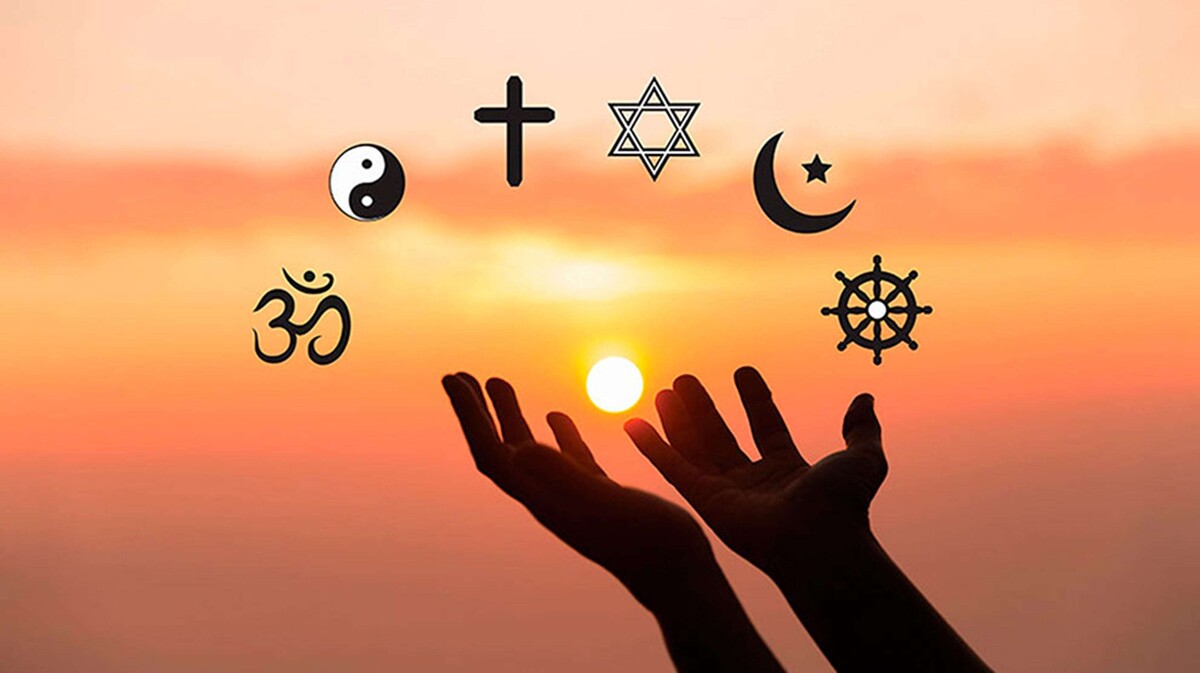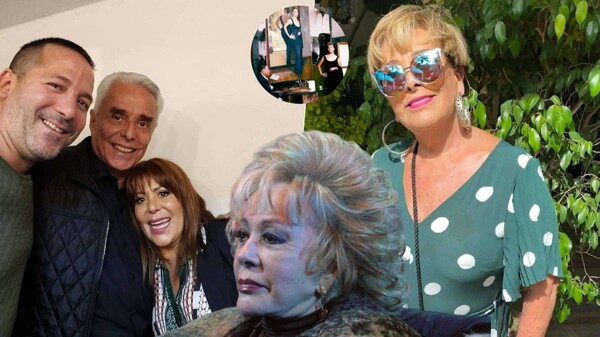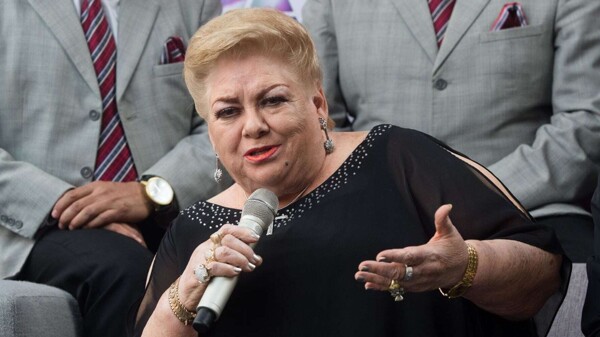
Worldwide, according to data from the Pew Research Center, in 2020, approximately 31% of the global population identified as Christian, 24.9% as Muslim, 15.2% as Hindu, 6.6% as Buddhist, and around a third had other beliefs. These figures reflect the religious diversity that exists globally.
In Mexico, according to INEGI, 98 million people identify as Catholic, while 14.3 million practice other religions and 13.3 million declare no religious affiliation. On the other hand, the Secretariat of Governance reports that there are 10,319 registered religious associations in the country, showing the variability of religious expressions in Mexico.
Specialist Guillermo Hurtado, a researcher at the Institute of Philosophical Research of UNAM, emphasizes that all cultures throughout history have developed some form of religion, raising questions about human nature and its search for the transcendental. In relation to World Religion Day, celebrated on the third Sunday of January, it is highlighted that more than 80% of the global population follows some religious practice, suggesting that the religious dimension continues to be important in people's lives.
Hurtado mentions that today there are around four thousand religions in the world and that this day seeks to promote mutual understanding and tolerance among different religious expressions. In Mexico, in addition to Catholicism and Protestant churches, there are religious traditions originating from pre-Hispanic peoples, demonstrating the religious diversity in the country.
The specialist highlights advances in tolerance and coexistence between religions and those who do not profess any particular belief. The importance of reflecting on the dynamics of a secularized society is emphasized, where religious expressions must find a balance between the private and public spheres.
In a context marked by migration and globalization, religions continue to adapt and transform, reflecting the complexity of human beliefs and their capacity to evolve in response to the challenges of contemporary society. Thus, religious diversity remains a fundamental aspect of people's lives globally.














